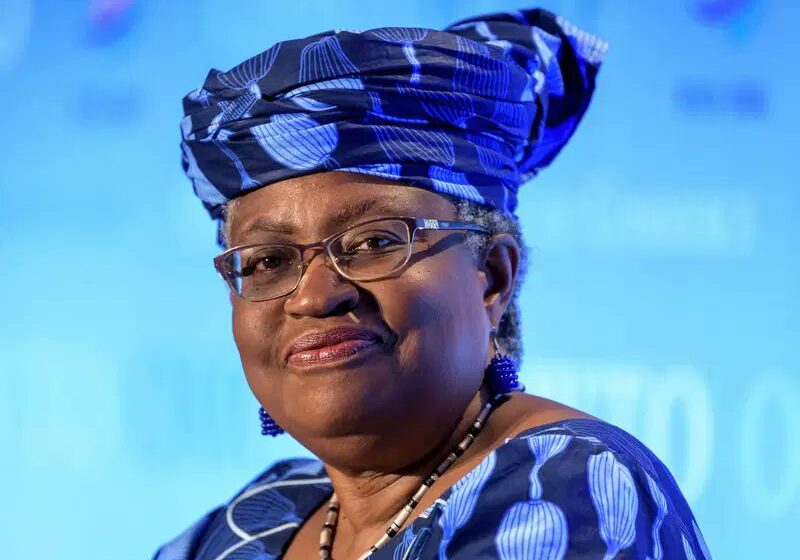Okonjo-Iweala emerges sole candidate for WTO DG: Here’s all you need to know

In a landmark moment, Dr. Ngozi Okonjo-Iweala, the first woman and first African to lead the World Trade Organization (WTO), is set for a second term as Director-General, facing no opposition for the role.
Her path to another term became clearer after WTO chair, Norwegian Ambassador Petter Olberg, confirmed that the deadline passed with no additional candidates nominated. As a result, Okonjo-Iweala is positioned as the sole candidate for the WTO’s top position, following her initial groundbreaking appointment in 2021.
Dr. Okonjo-Iweala, 70, announced her intention to seek a second term in September, a decision welcomed by WTO members. Her current tenure will conclude in August 2025, and if appointed again, she will continue to lead an organisation that has faced significant challenges in recent years, including issues of global trade inequality, pandemic-related disruptions, and the ongoing push for reform within the WTO itself.
Okonjo-Iweala’s First Term and Achievements
In her current term, Okonjo-Iweala made strides toward reinvigorating the WTO, bringing a fresh approach to an organisation often criticised as slow-moving and bureaucratic.
Known for her pragmatic and no-nonsense leadership style, she pushed through long-stalled trade negotiations and addressed pressing issues like vaccine distribution during the COVID-19 pandemic.
READ ALSO
- Kamala Harris, Hillary Clinton… female US presidential candidates who lost election
- 2025 Grammys: Tems leads chart as Yemi Alade, Rema get first nomination
- Baltasar Engonga: 12 common reasons why people cheat
A former finance and foreign minister of Nigeria and a respected economist, Okonjo-Iweala was seen as the right person to bring the WTO back to relevance in a rapidly changing global economic landscape.
Her candidacy, however, was not without obstacles; during her first bid, she faced resistance from then-U.S. President Donald Trump, who supported a South Korean candidate instead. The opposition was removed when President Joe Biden took office, enabling her historic appointment.
The Selection Process for the WTO Director-General
The selection of a Director-General at the WTO is not done by election but rather through a consensus process among its 166 member countries. This method aims to ensure that all members agree on the appointment. Candidates for the role undergo a nomination period, after which consultations are held among the member states to reach a consensus. Here is an overview of how the process works:
1. Nomination Period: Member countries nominate candidates for the Director-General position within a specified timeframe. Each candidate’s credentials and vision are reviewed, and they present their priorities and goals for the organisation.
2. Consultations with Members: Following the nomination period, a series of consultations take place among WTO members. These consultations, led by the General Council Chair, are aimed at gauging support for each candidate and finding common ground among all members.
3. Consensus Building: Instead of a formal vote, the WTO uses a consensus-based approach. Through multiple rounds of discussions and eliminations, member states work towards narrowing down the candidates until only one remains with broad support.
4. Final Approval: Once a consensus is reached on a single candidate, that individual is formally appointed as Director-General by the General Council.
This consensus process can sometimes lead to delays if members disagree, as all 166 countries must align on the candidate. The chosen Director-General serves a four-year term, which can be renewed once.
Now, with no competing candidates, the consensus process is expected to proceed smoothly, finalising Okonjo-Iweala’s reappointment without delay.
Looking Ahead: Okonjo-Iweala’s Vision for the WTO
As she looks to a second term, Okonjo-Iweala has expressed a desire to focus on “delivering”, with a aim to address “unfinished business”, including finalising a deal on ending fisheries subsidies, achieving a breakthrough in global agriculture negotiations, reforming the WTO’s struggling dispute system, and decarbonising trade.
Her potential reappointment signals continued confidence from WTO members in her leadership and vision.

